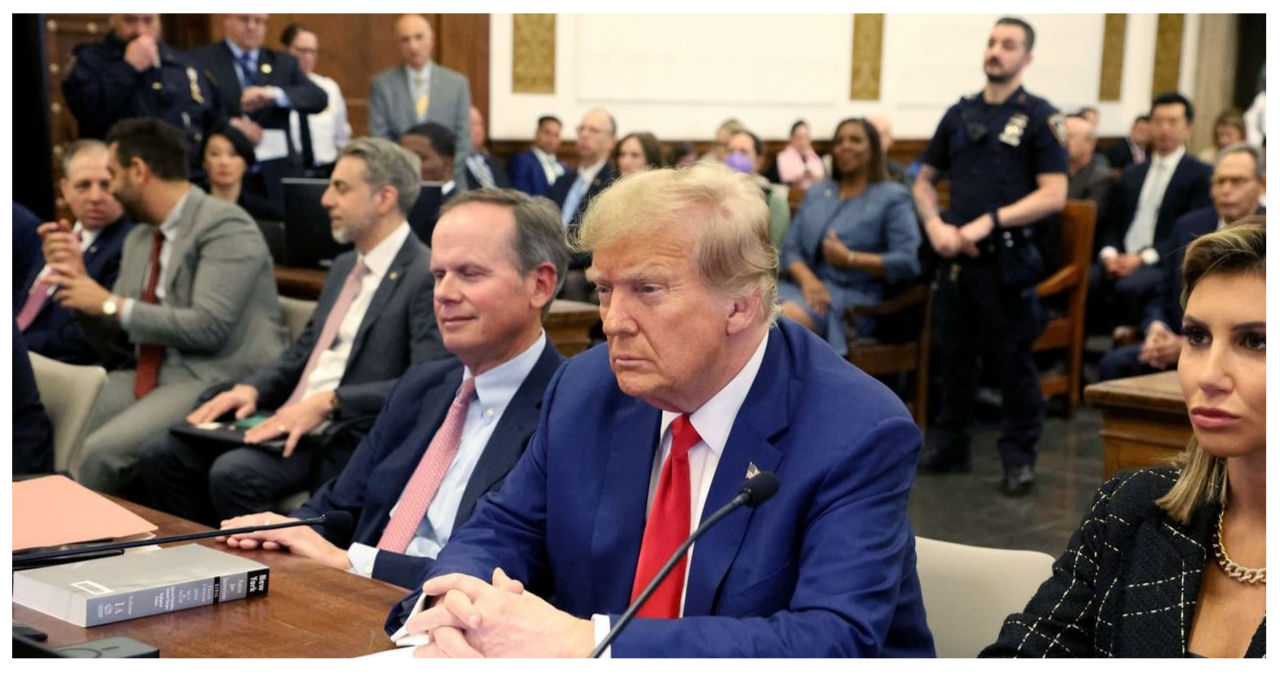Jamiesfeast – A group of U.S. history scholars has submitted an amicus brief to the Supreme Court, supporting the state of Colorado’s argument that the 14th Amendment’s insurrectionist clause should disqualify Donald Trump from running for president this year.
According to the 25 historians who specialize in the Civil War and Reconstruction eras, the 14th Amendment, which was added to the Constitution in 1866, included Section III as a means to hold the President accountable and serve as a lasting safeguard against insurrection. They assert that this section was deliberately crafted to address the President’s actions without requiring any further intervention from Congress.
Trump’s lawyers have raised objections to the ruling in Colorado, asserting that the actions of the former president do not meet the criteria for insurrection. They argue that Section III of the 14th Amendment exempts presidents from such a rule. The lower appeals court sided with Trump, leading the state to appeal the decision to the Supreme Court.
According to the 14th Amendment, individuals who have previously taken an oath as an officer of the United States and have engaged in insurrection or rebellion against the country, or provided aid or comfort to its enemies, are prohibited from holding any office, whether civil or military, under the United States.
The historians present compelling evidence from the 1860s and 1870s in their brief, supporting the interpretation that this clause encompassed the president. By referencing Senate-floor debates between two key figures involved in the drafting process, they assert that there is no doubt that the president was considered to be included as “an officer under the United States.” Additionally, they highlight evidence from the 1787 Constitutional Convention, where the framers frequently referred to the president as a “national officer.”
The historians emphasized the importance of contemporary evidence from the decision-makers who sponsored, backed, and voted for the 14th Amendment. They embraced the originalist interpretation of the Constitution, which aligns with the approach taken by the Supreme Court’s conservative majority in recent rulings, including the scaling back of Roe v. Wade.
Colorado is among the states that have made efforts to exclude Trump from the ballot. Out of the 35 states that have filed challenges, only two of them – Colorado and Maine – have successfully disqualified Trump. However, these decisions have been appealed to the Supreme Court. Sixteen states are still undecided on Trump’s candidacy, while the remaining 17 states have dismissed the filed challenges.
Colorado and other states argue that former President Trump’s involvement in inciting the January 6 insurrection disqualifies him from running for office again. After the 2020 election, Trump refused to accept his defeat to President Joe Biden, baselessly questioning the integrity of the electoral system and urging his supporters to “stop the steal” of the presidency.
After a Trump rally, where the former president reiterated his false claims of election fraud and encouraged his supporters to “fight like hell,” a wave of insurrectionists stormed the Capitol with the goal of obstructing Congress from certifying the election results.
The Supreme Court is scheduled to hear arguments on February 8th in the expedited appeals case. A decision is expected to be made shortly thereafter. Colorado’s primary, along with several other states, will take place on Super Tuesday, which falls on March 5th.

